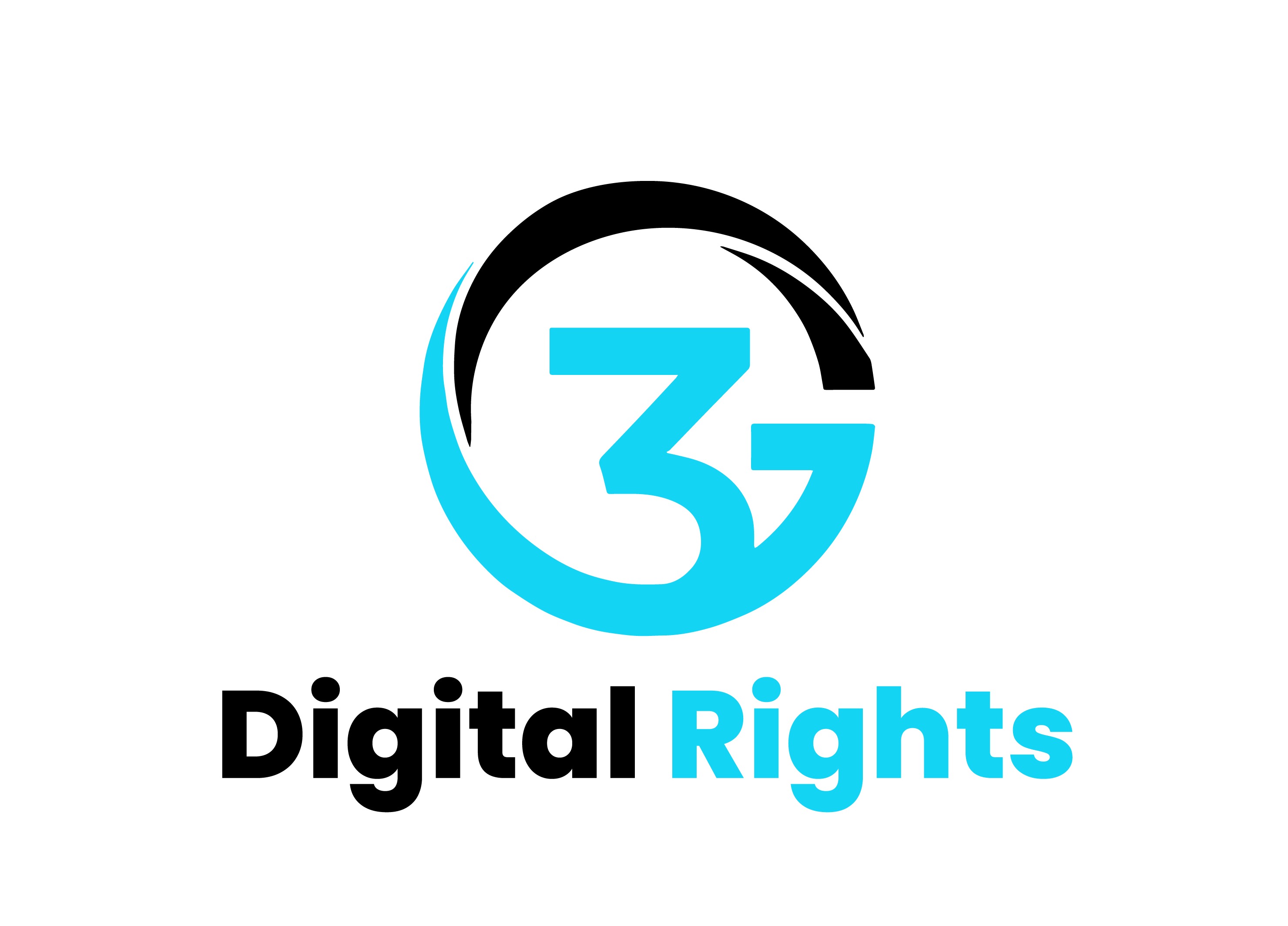
About the Research
Three Generations of Digital Human Rights (Digital HR - 3G) is a 5 year research project supported by the European Research Council. It consists of a research team, headed by Prof. Yuval Shany of the Federmann Cyber Security Research Center at the Hebrew University of Jerusalem, and involves researchers based in 3 continents.
The project explores different strategies developed in the digital age within and outside international human rights law to respond to new needs, interests, risks and challenges brought about by transition of inter-personal interactions, social activities and regulatory schemes from offline to online environments.
It investigates the development in recent years of three generations of digital human rights:
(1) adaptation of existing rights and their manner of application to online environments;
(2) the creation of new digital rights, such as right to access the Internet and the right to to be subjected to automated decisions; and
(3) the introduction of new rights and duty holders (e.g., virtual persons and online platforms exercising quasi-sovereign power)
It also explores the development of alternative protection avenues based on private ordering, including rights by design and community standards, Internet governance and multi-stakeholder arrangements.
The projects aims to produce books, articles, dissertations and other research papers, to convene conferences, workshops and symposia, and to render information about digital human rights accessible to the research community and to policy makers.
Planned Events
Cyber In War: Lessons from the Russia-Ukraine Conflict
We are honored to sponsor, along with our friends from American Univeristy, Washington College of Law, Tech Law and Security Program the second iteration of the conference titled "Cyber In War: Lessons from the Russia-Ukraine Conflict" from September 20 - 22, 2023.
Past Events
"Digital Human Rights and the Elasticity of International Human Rights Treaties"
workshop on "Digital Human Rights and the Elasticity of International Human Rights Treaties" held at King's College London, supported by the European Research Council (ERC)
-
Prof Yuval Shany, (3GDR project), explained how digital human rights can be read into existing traditional human rights treaties using interpretative techniques and demonstrated the limits of the elasticity of these treaties.
-
Prof Martin Scheinin, the former UN Special Rapporteur on Human Rights and Counter-Terrorism, who explored the ways in which the digital realm could be addressed through the "Grammar of Human Rights".
-
Dr Raffaela Kunz - making a case for the "Right to Science" as a prime example of the elasticity of international human rights treaties and showing its apparent limitations.
-
The workshop concludes with Dr maria varaki’s submission on the right to dignity as a case study – elasticity as a bridge to several time and place in the digital environment.
-
To conclude – a discussion from current and former Members of the UN Human Rights Committee (Profs Changrok Soh & Larry Helfer), former UN Special Rapporteurs (Profs Philip Alston, Clement N. Voule etc) and renowned international law academics working on digital human rights, inc Profs Marko Milanović, Steven Ratner and more.
Federmann CyberSecurity Research Center annual retreat
Thursday, July 11th, Members of the Federmann CyberSecurity Research Center from both Mount Scopus and Givat Ram met for our annual retreat We thank: Michal Shur-Ofry, Emi Palmor, Yehuda Afek, Guy Amir, Ayelet Gordon-Tapiero, Elkana Tovey for their amazing lectures.


Workshop on Digital Human Rights Beyond the State
Between January 22-23 2024 top researchers met in King's College at the Center for Transnational Legal Studies London, to discuss how Digital Human Rights are adressed by non-state parties, and how shoudl International and National Law approach this issue.
Topics and quesion were discussed such as:
- The challenge of making regulatory processes inclusive and shaping the world's digital future.
- Concerns about political correctness in the context of human rights and regulatory frameworks.
- The importance of having a say in defining regulatory frameworks and who represents society in these discussions was emphasized.
- The effectiveness of post-grammatic arrangements in labor and their potential application in digital rights were discussed.
- The complexity of representing collective interests in the context of freedom of expression.
- The role of users in shaping the digital landscape and the need to transition them from data subjects to active participants was highlighted.
- The limitations of transparency as a mechanism for state and user engagement were discussed.
- The impact of transparency on international human rights mechanisms and the importance of engagement in the process were debated.
- The challenges of regulatory fragmentation and the need for domestic considerations in global platforms like Facebook were examined.
- The potential of transparency to improve systematic decision-making and risk assessments was considered.
- The limitations of human rights perspectives in addressing collective issues like polarization were acknowledged.
- The role of tech companies in setting standards and the possibility of leveraging their influence for positive change were discussed.
- The importance of algorithmic transparency and the need to focus beyond content moderation to address broader harms were emphasized.





